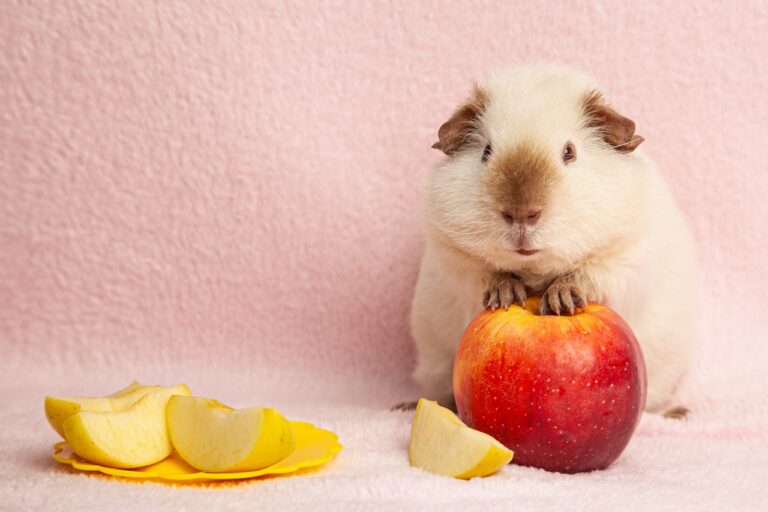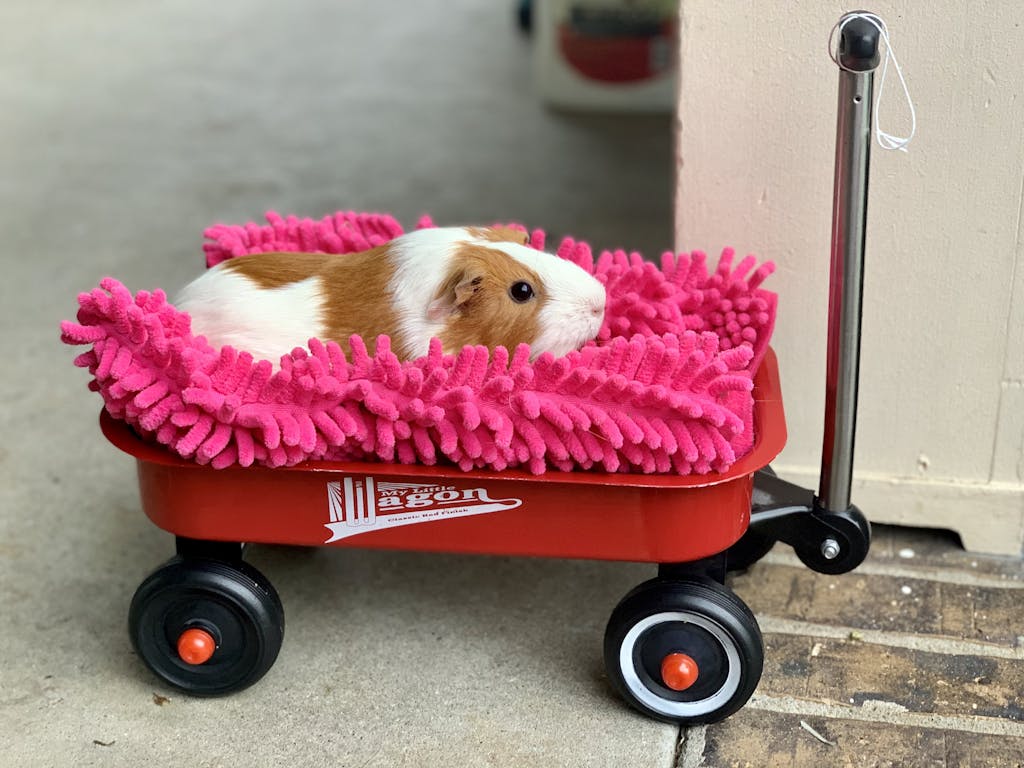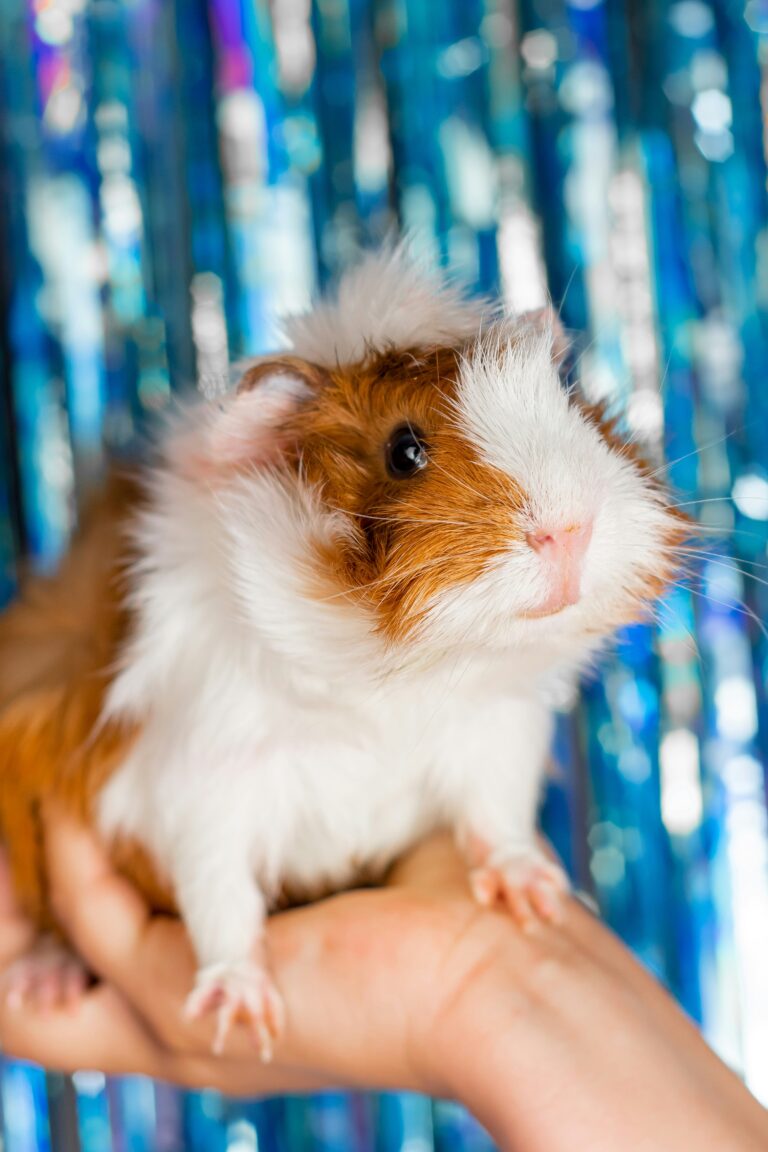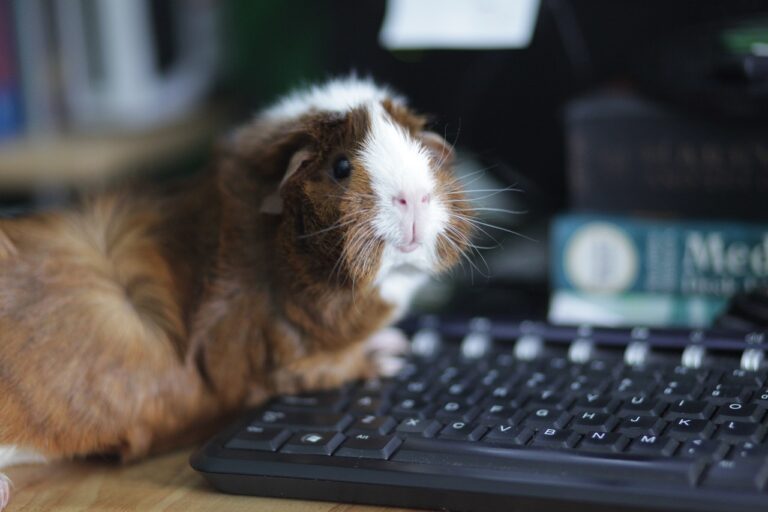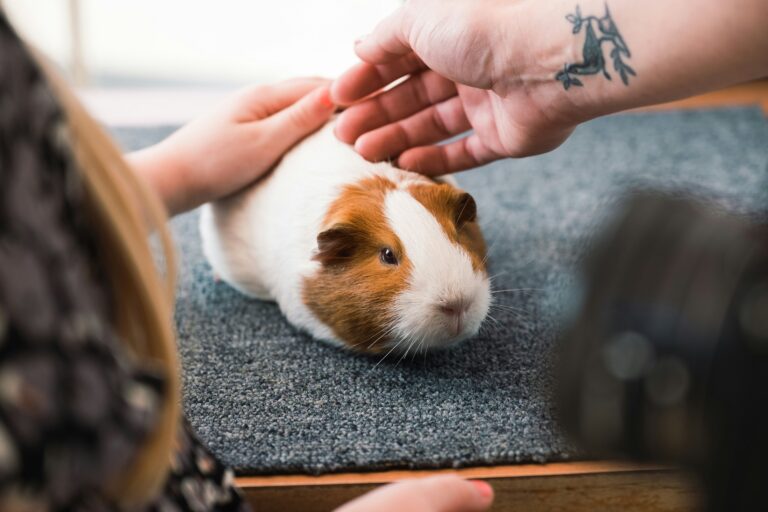Do Guinea Pigs Smell?
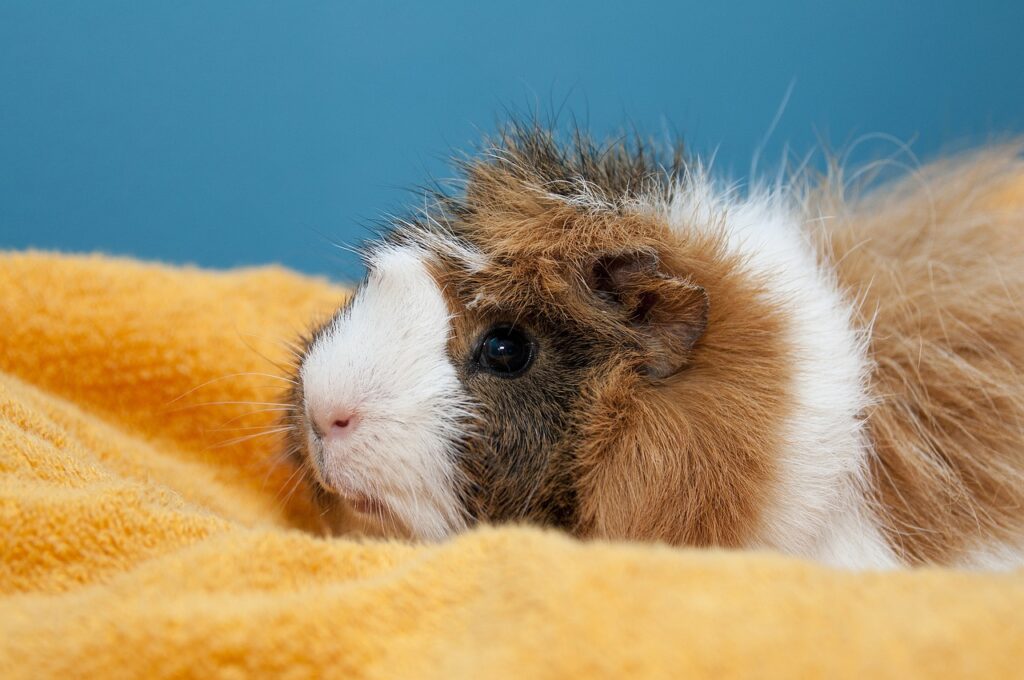
When considering a new pet, one of the most common concerns is whether the animal will create unpleasant odors. Guinea pigs, beloved for their gentle nature and adorable looks, are no exception to this concern. Many prospective owners wonder, “Do guinea pigs smell?”
This guide aims to address this question thoroughly, providing insights into the factors influencing guinea pig odors and offering practical tips for maintaining a fresh and clean environment.
Understanding Guinea Pig Odors
What Causes Guinea Pig Odors?
Guinea pig odors can stem from several sources, including their living environment, diet, and health. It’s important to distinguish between normal, mild animal smells and strong, unpleasant odors that may indicate a problem.
Natural Scent of Guinea Pigs
Guinea pigs naturally have a mild scent, which is generally not offensive. This scent is usually more noticeable when you are close to the animal but should not be overpowering.
Factors Affecting Guinea Pig Odors
- Diet: A guinea pig’s diet significantly impacts its odor. Fresh hay, vegetables, and high-quality pellets tend to produce less odor compared to poor-quality food.
- Health: Healthy guinea pigs have less odor. Dental issues, infections, and digestive problems can contribute to unpleasant smells.
- Cleanliness: The frequency and thoroughness of cage cleaning directly affect the level of odor in your guinea pig’s habitat.
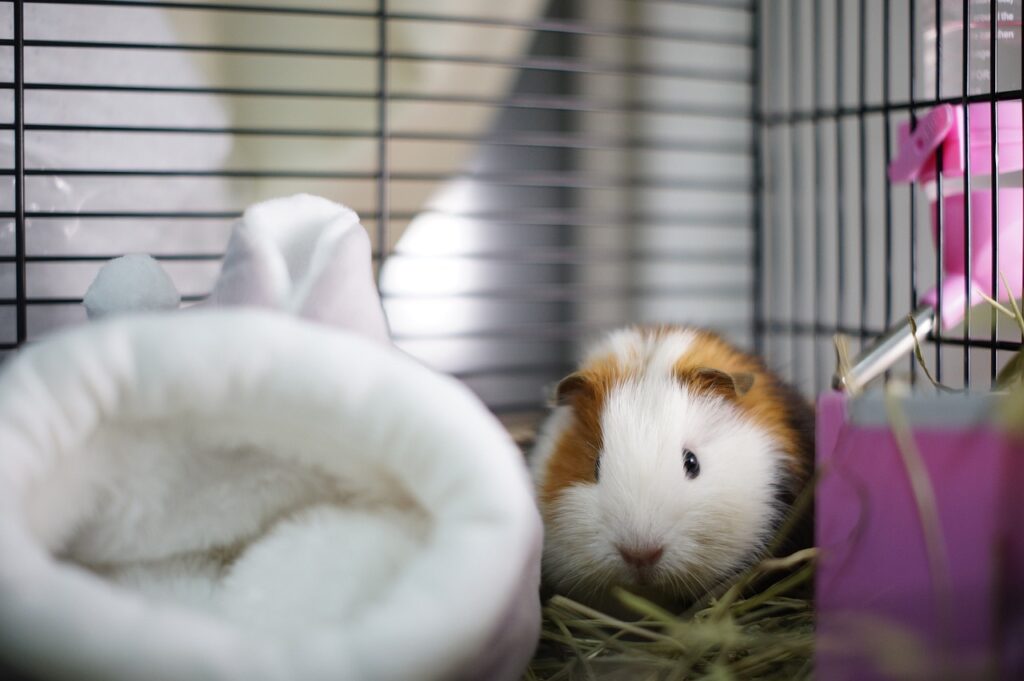
Maintaining a Fresh Environment
Proper Cage Setup
A well-ventilated cage with appropriate bedding materials is crucial. Avoid using newspaper or other materials that do not absorb moisture well. Instead, opt for paper-based bedding or fleece liners that are more effective at controlling odors.
Regular Cleaning Routine
Cleaning the cage regularly is essential. This includes daily spot cleaning to remove soiled bedding and uneaten food, as well as a thorough weekly cleaning where the entire cage is disinfected.
Dietary Considerations
Feeding your guinea pigs a balanced diet of fresh vegetables, quality hay, and fortified pellets helps reduce odors. Avoid overfeeding foods that can cause digestive issues, such as certain fruits and vegetables high in sugar.
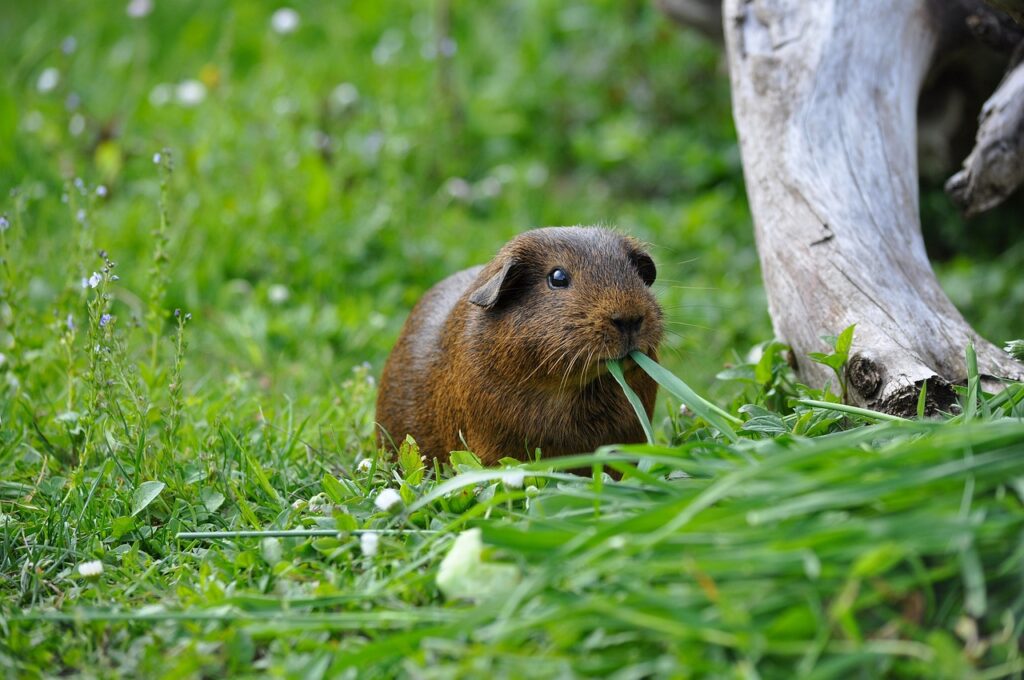
Health and Hygiene
Grooming Your Guinea Pig
Regular grooming, including brushing and occasional baths, can help keep your guinea pig clean and reduce odors. Long-haired breeds may require more frequent grooming to prevent matting and accumulation of dirt.
Grooming Techniques
- Brushing: Use a soft brush to remove loose hair and debris. This helps reduce shedding and keeps your guinea pig’s coat clean.
- Bathing: While guinea pigs generally do not need frequent baths, occasional bathing with a small animal shampoo can help if they become particularly dirty.
Monitoring Health
Routine health checks are important to catch any potential issues early. Unusual odors can be a sign of health problems such as infections or dental issues, which should be addressed by a veterinarian promptly.
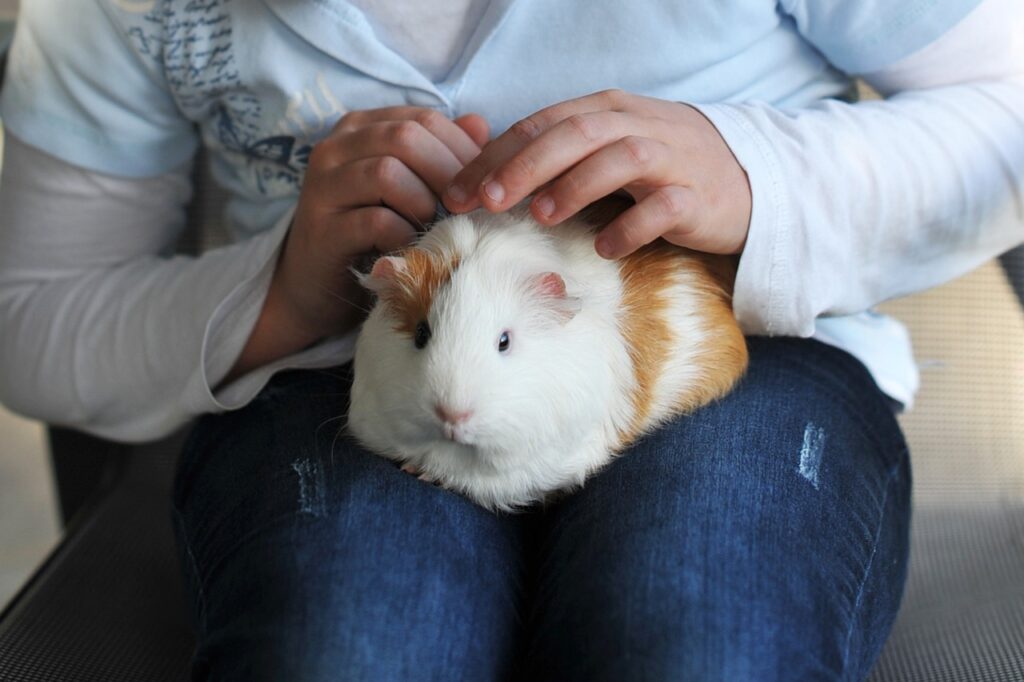
Addressing Common Odor Issues
Urine Odor
Urine is a primary source of odor in guinea pig cages. Ensuring that bedding is absorbent and changed frequently can mitigate this issue. Additionally, placing a litter box in a specific corner of the cage can help contain and manage urine.
Bedding Choices
Selecting the right bedding material is crucial for odor control. Paper-based bedding or aspen shavings are excellent choices. Avoid cedar or pine shavings, as they can be harmful to guinea pigs and are not effective at controlling odors.
Recommended Bedding Types
- Paper-Based Bedding: Highly absorbent and effective at controlling odors.
- Aspen Shavings: Safe for guinea pigs and good at absorbing moisture.
- Fleece Liners: Reusable and easy to clean, but require frequent washing.
Cleaning Products
Using pet-safe cleaning products to disinfect the cage helps control odors. Avoid using harsh chemicals that can be harmful to your guinea pig.
Best Cleaning Practices
- Use Enzyme Cleaners: These are effective at breaking down organic waste and neutralizing odors.
- Avoid Harsh Chemicals: Products containing ammonia or bleach can be harmful to guinea pigs.
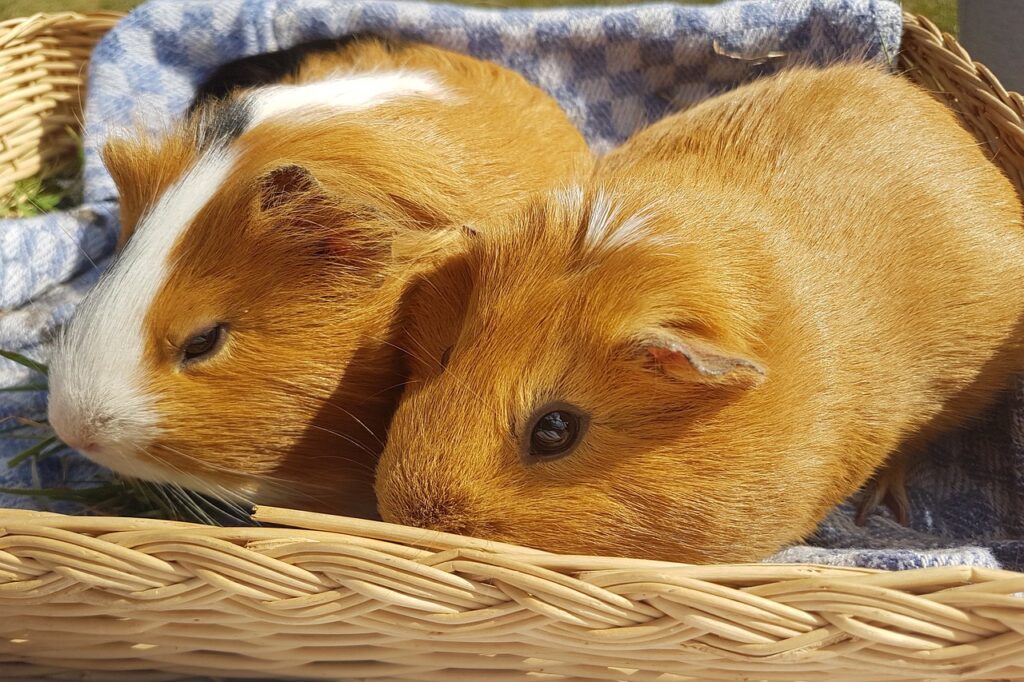
Living with Guinea Pigs: Tips and Tricks
Location of the Cage
Placing the cage in a well-ventilated area helps disperse any odors and keeps the environment fresh. Avoid placing the cage in damp or poorly ventilated spaces.
Air Purifiers
Using an air purifier in the room where the guinea pig cage is located can help reduce odors and improve air quality.
Routine Checks
Perform routine checks to ensure there are no hidden sources of odor, such as spoiled food or dirty bedding that was missed during regular cleaning.
Ventilation Systems
Ensuring good airflow in the room helps keep odors to a minimum. Open windows periodically and consider using fans to circulate air.
Odor-Absorbing Products
Products like baking soda can be used around the cage (not inside) to help absorb ambient odors. Activated charcoal bags are another option for keeping the air fresh.
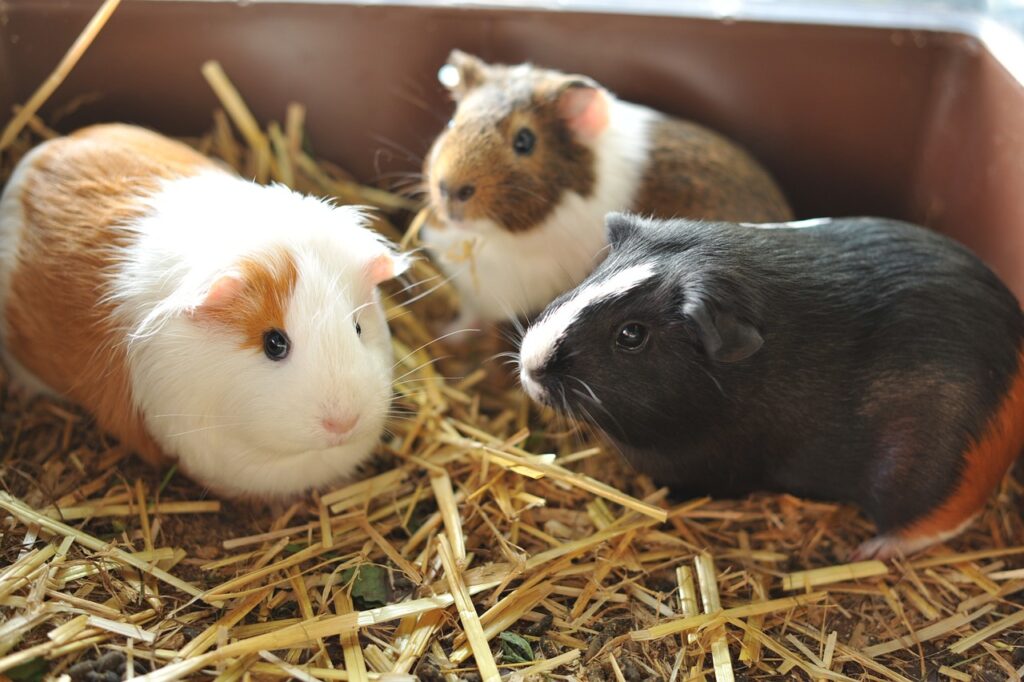
Preventive Measures
Regular Veterinary Check-Ups
Regular check-ups with a vet can catch health issues before they become serious and lead to odors. This includes dental exams and checks for infections or parasites.
Healthy Diet
A healthy diet promotes good digestion and overall health, which helps reduce odors. Ensure your guinea pig has access to fresh water at all times.
Social and Mental Well-being
Happy, stress-free guinea pigs are generally healthier. Provide ample enrichment in the form of toys, tunnels, and opportunities for social interaction.
Recognizing Signs of Stress
Stress can lead to health issues that may cause odors. Signs of stress include changes in eating habits, increased hiding, or aggressive behavior. Address these issues promptly.
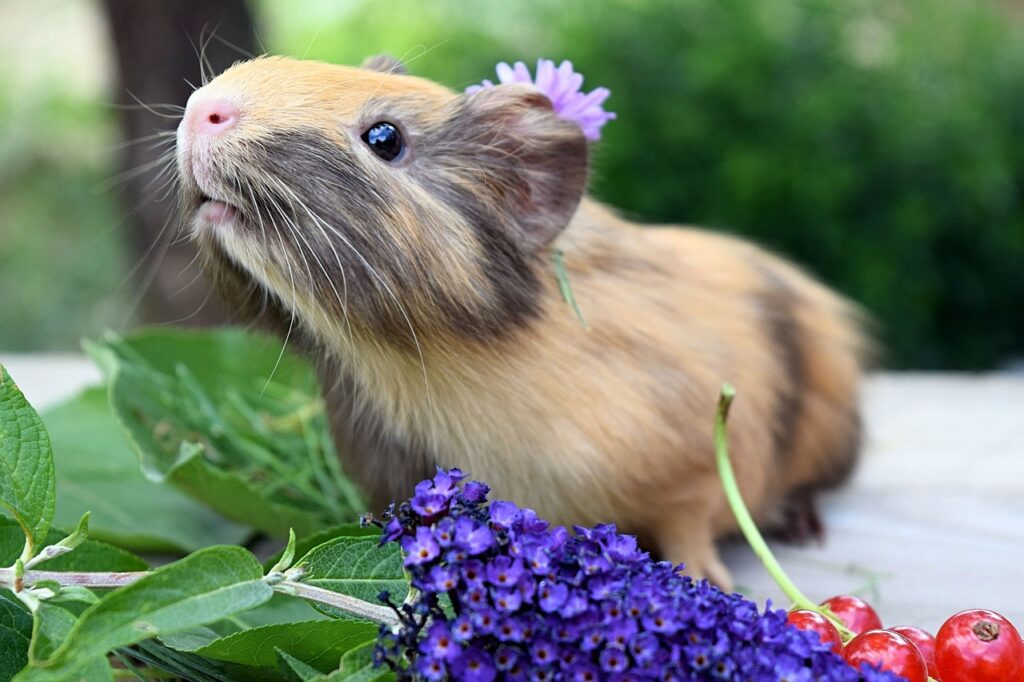
Diet and Its Impact on Odor
High Quality Food
Feeding your guinea pigs high-quality pellets and fresh hay reduces the risk of digestive problems that can cause odors. Timothy hay is a good option.
Balanced Nutrition
A balanced diet that includes a variety of fresh vegetables provides essential nutrients and prevents gastrointestinal issues.
Foods to Avoid
Avoid feeding your guinea pigs foods that can cause gas or diarrhea, such as cabbage, broccoli, and large amounts of fruit. These can contribute to unpleasant odors.
Hydration
Ensure your guinea pig always has access to fresh water. Proper hydration supports overall health and helps prevent urinary tract issues.
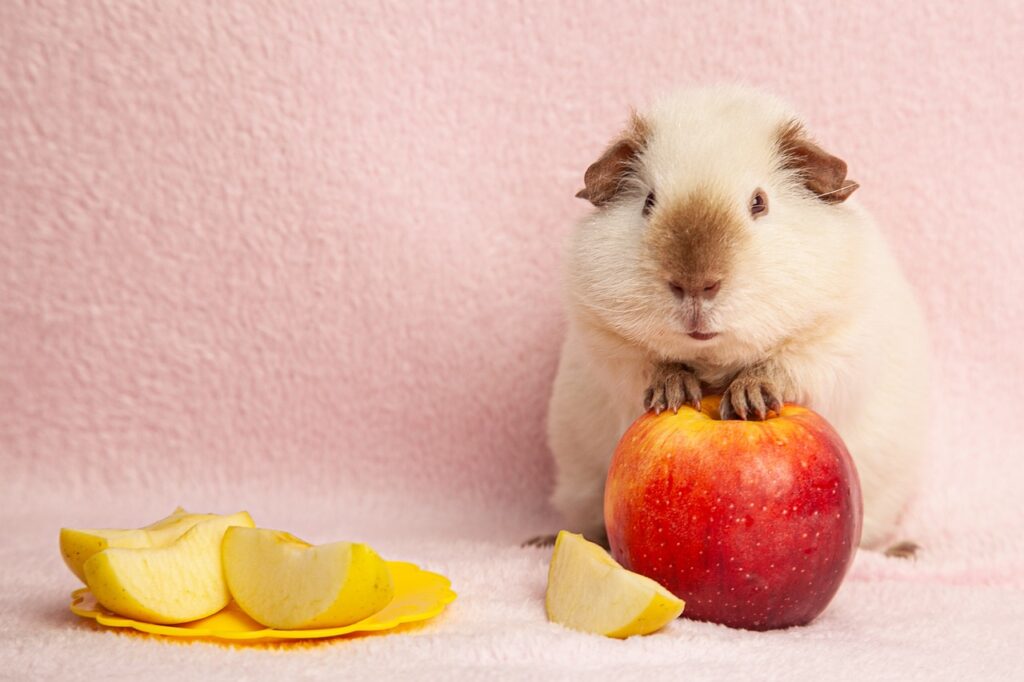
Frequently Asked Questions
Do male guinea pigs smell worse than female guinea pigs?
Male guinea pigs may have a slightly stronger scent due to their scent glands, which they use for marking territory. However, with proper care, this should not be a significant issue.
How often should I bathe my guinea pig to keep odors down?
Guinea pigs generally do not need frequent baths. Overbathing can strip their skin of natural oils and cause dryness. A bath every few months or as needed should suffice.
Can diet changes reduce guinea pig odors?
Yes, a balanced diet with high-quality ingredients can reduce odors. Avoiding foods that cause digestive upset is also beneficial.
Is it normal for guinea pigs to have a smell?
A mild, natural scent is normal. However, strong or unpleasant odors can indicate an issue with cleanliness, diet, or health.
What bedding is best for controlling odors in a guinea pig cage?
Paper-based bedding or aspen shavings are effective at controlling odors. Fleece liners are also a good option if maintained properly.
How can I tell if my guinea pig’s odor is due to a health problem?
If your guinea pig’s odor is unusually strong or accompanied by other symptoms like lethargy, loss of appetite, or visible signs of infection, it is best to consult a veterinarian.
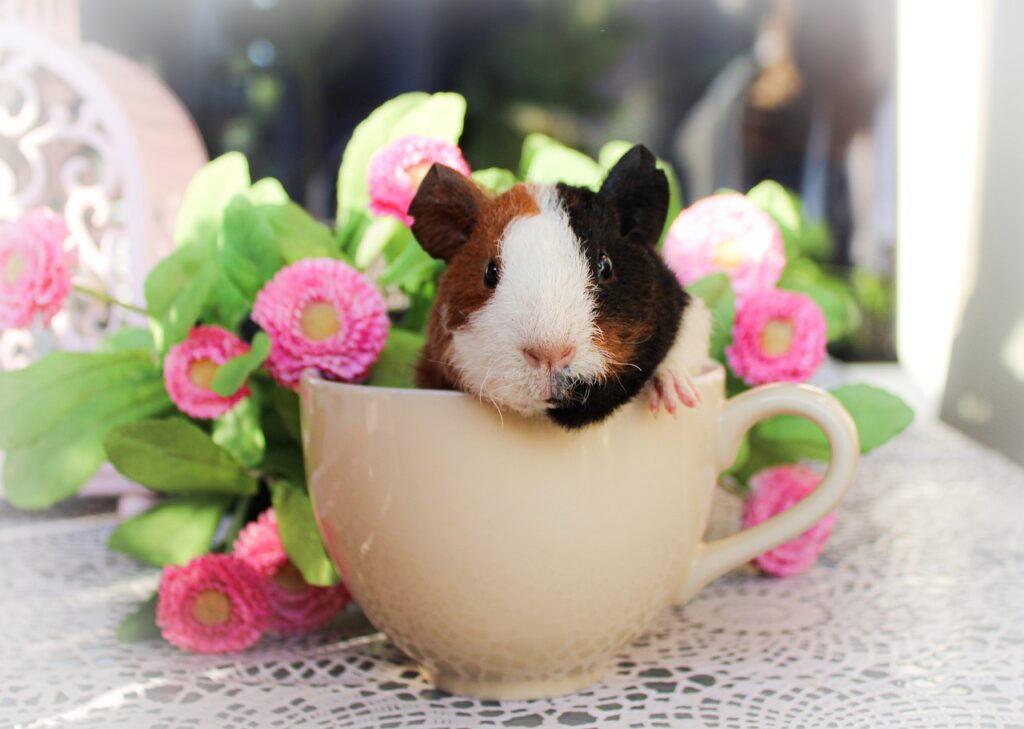
Conclusion
While guinea pigs do have a natural scent, it should not be overpowering or unpleasant with proper care. Maintaining a clean cage, providing a balanced diet, and monitoring your guinea pig’s health are key to keeping odors at bay. By following the tips and guidelines provided in this article, you can enjoy the companionship of your guinea pig without worrying about unwanted smells! Regular grooming, proper bedding choices, and attention to diet and health will ensure that your pet remains an odor-free member of your household.

